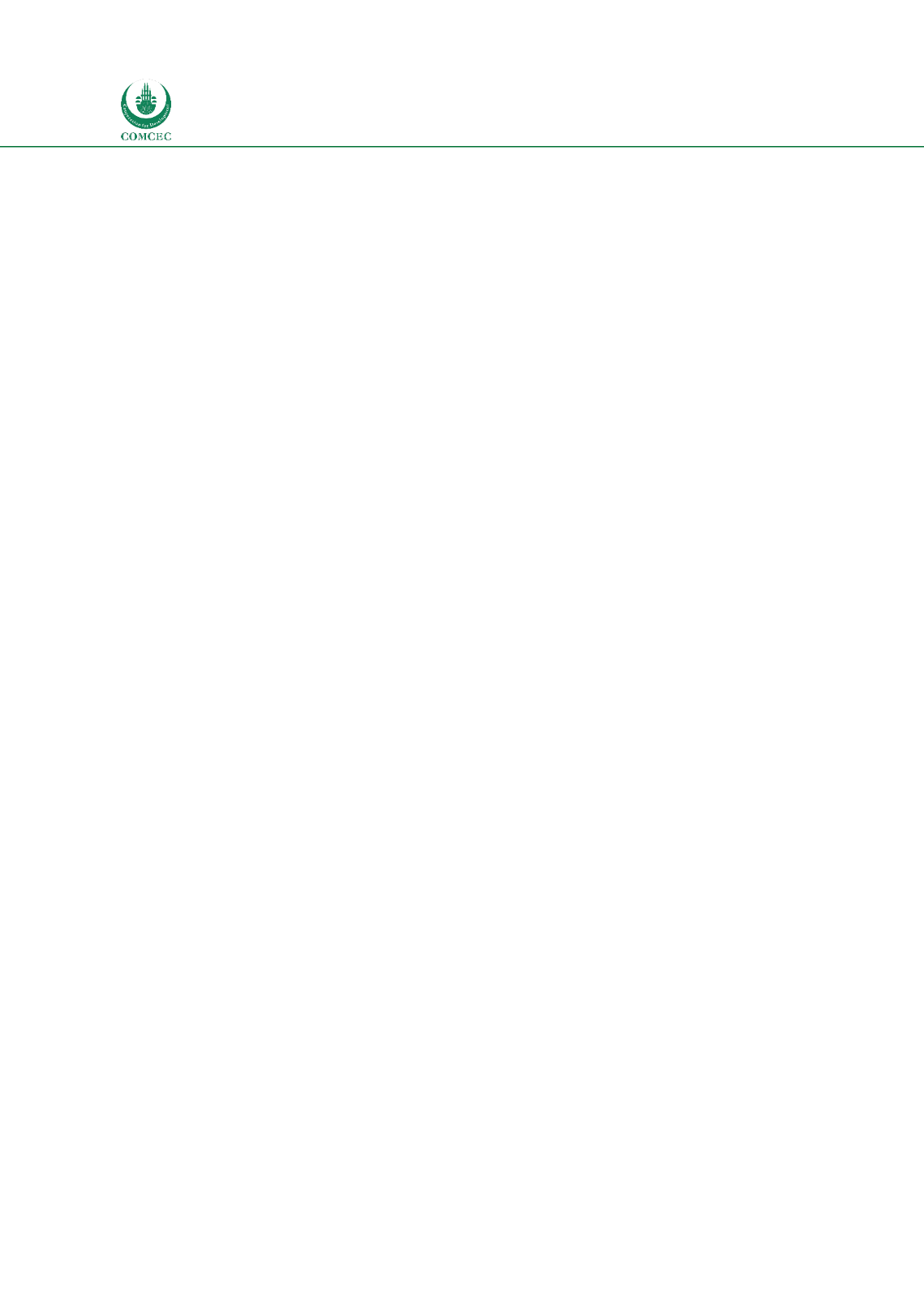

National and Global Islamic Financial Architecture:
Problems and Possible Solutions for the OIC Member Countries
60
qualifications, experience and exposure, track record, solvency and financial integrity,
integrity, honesty and reputation.
Other than issuing the Guidelines, the role of Bangladesh Bank in controlling, guiding and
supervising the Islamic Banks in Bangladesh in accordance with Islamic Shariah is minimal. No
detailed Shariah governance framework exists for IFIs that include issues related to Shariah
review, audit and research. However, BB has identified the basic Shariah parameters for
various contracts in its Guidelines for Islamic Banking in 2009. In observing the Shariah
implementation status of the Islamic banks, Bangladesh Bank examines only the report of the
respective banks' Shariah Councils (Sarker 2012).
While the BB has itself not taken a proactive role in coming up with a robust Shariah
governance regime, it has, in 1997, advised the Islamic banks to implement a 6-point program
(BB 1997). The six-point programs were: (a) Development of an Inter-Bank Islamic Money
Market; (b) Constitution of Central Shariah Supervisory Board; (c) Preparation of draft Islamic
Banking Act; (d) Establishment of Islamic Insurance Company; (e) Development of New
Financial Products in line with Islamic Shariah; and (f) Constitution of Consortium/Syndicate
by the Islamic banks for large financing. Of the six points, Islamic banks have been able to
execute two of these. The first is the inter-bank Islamic money market and the second is the
establishment of a Central Shariah Board of the Islamic Banks in Bangladesh to solve any
Shariah related issues.
The Central Shari’ah Board of Islamic Insurance Companies of Bangladesh has proposed a
Shariah framework for the takaful industry of Bangladesh. The proposed Shariah framework
allows operators to follow any of the prevailing operational models and combination of the
models based on the Shariah concepts of Wakalah and Mudaraba. The rules for investment also
allow takaful operators to adhere to principles and injunctions of Islam as well as to operate on
a level playing field.
4.1.4. Liquidity Infrastructure
Islamic banks in Bangladesh will face excess liquidity problems as long as they cannot invest in
interest-bearing government treasury bills and bonds. In the absence of limited alternatives to
interest-bearing government securities, Islamic banks still experience a huge amount of
surplus liquidity which remans idle in their vaults and with the Bangladesh Bank. Recognizing
the problem, Bangladesh Bank has introduced two supportive measures to support liquidity
management in Islamic finance. Among those, BB introduced a discriminatory statutory
liquidity requirement (SLR) framework for the Islamic banks since 1983 after the inception of
Islamic banking in the country. Instead of making it mandatory for Islamic banks, Bangladesh
Bank has been following a discriminatory policy towards maintenance of CRR and SLR. The
required ratio for maintenance of SLR, in a broad sense, by the conventional banks is fixed at
19.50% while at the same time being fixed at 11.5 percent of their total demand and time
liabilities for Islamic banks.
The second initiative was the introduction of a Shariah compliant government liquidity
instrument, the Bangladesh Government Islamic Investment Bond (GIIB), in 2004 (BB 2004).
GIIB provides a cushion for Islamic banks to park their excess liquidity and use these as a
vehicle to maintain the required amount of SLR. Effective from 1st January 2015, the GIIB has
been made short-term (three months) in tenor. However, currently there are no long term
Islamic bonds such as sukuk where Islamic banks can park their excess liquidity.
















